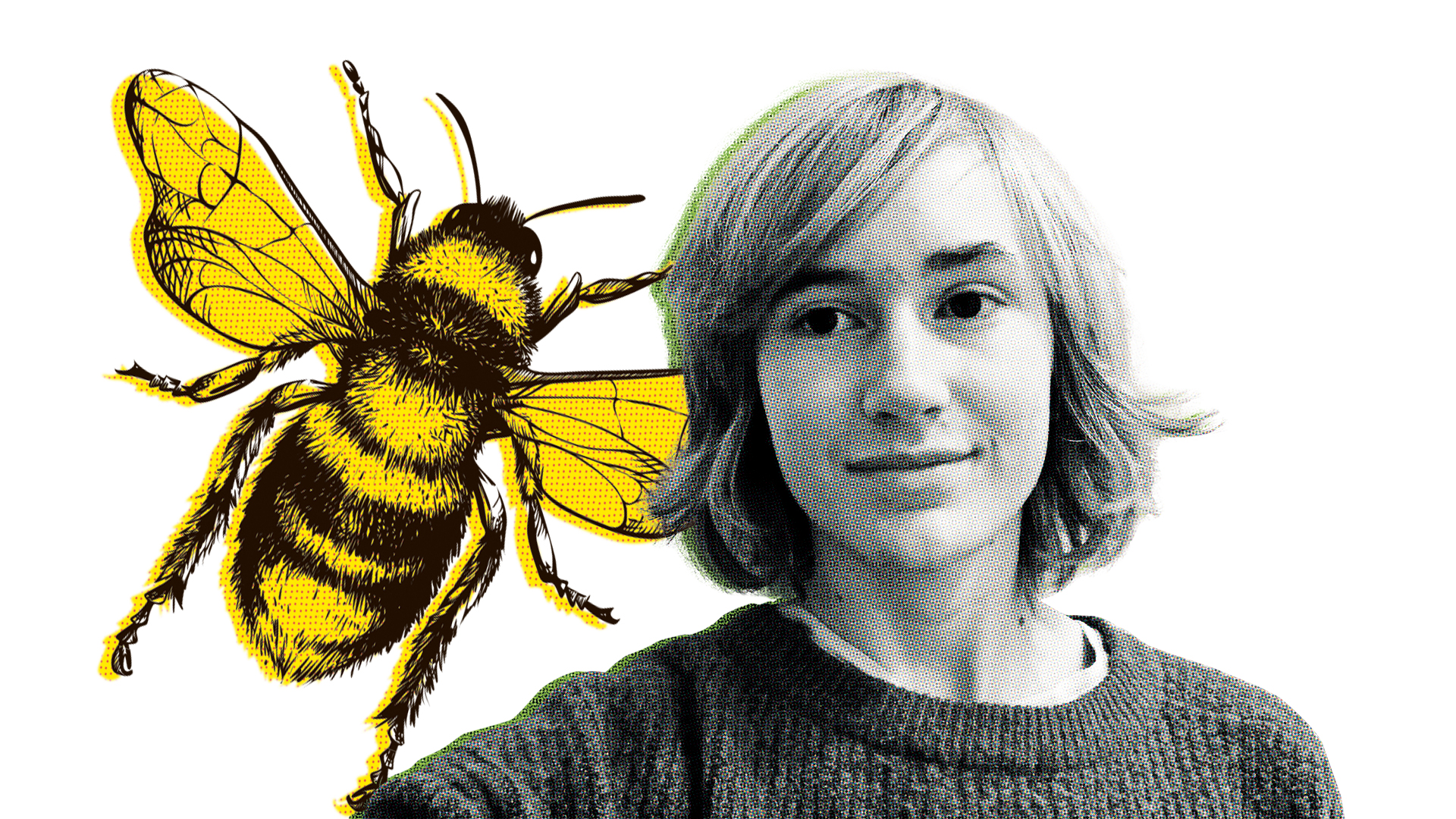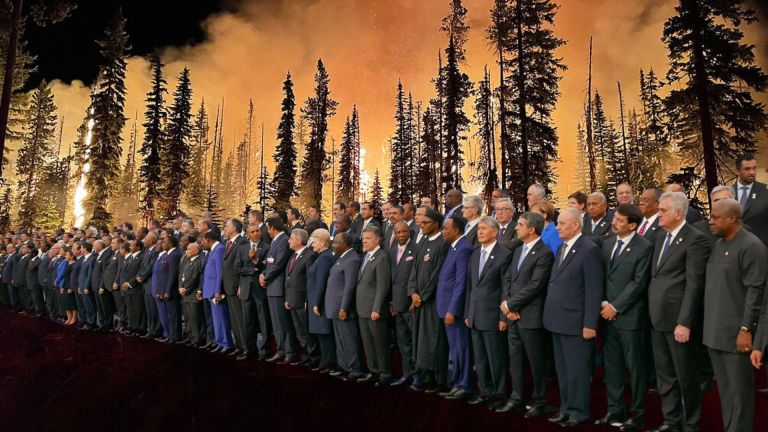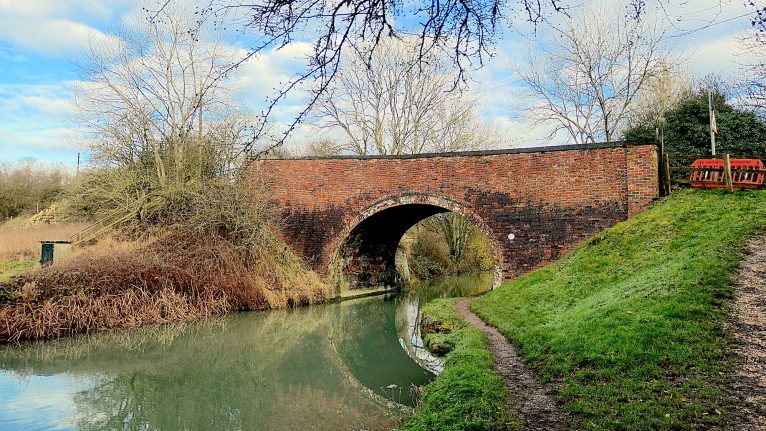Bees. At every climate strike so far, these humble creatures have been waved in the hands of teenagers – on signs, on clothes, in words and on faces. In a world where nature recedes from our visions every day, the bee has stayed with us.
What the resurgence in attention for such a small creature tells us is this: We are longing, yearning, aching to be reunited with the living, breathing, buzzing evidence of the earth.
But we’re stuck in a story that for years has been accepted as truth. This story labels us ‘human’ and everything else ‘nature’. We’ve divided our landscape into pieces, regimented it into safely controllable chunks, and split the wild from ever reaching us. We live in a society of separation, one where ‘nature’ remains a monoculture, a faraway fantasy available only for the special few.
There are many environmental problems plaguing this country but one of the deepest sown is this: people are removed from nature.
In Britain, we relegate ‘nature’ to the national parks and lost places miles from city dwellers. Cities, which are increasingly planned to shift nature into big parks and squeeze it out of smaller areas to make room for roads and real estate. Real estate, which prioritises neatness over wildness, infecting the country with a pandemic of perfect lawns and the pressure to uphold them.
In Britain, to blame the collapse of the natural world on individuals alone is unfair. We live in a system designed to keep us detached. Our schools weigh children down with the burden of exams, barring them from exploring the woods, wetlands, and lessons of the earth.





